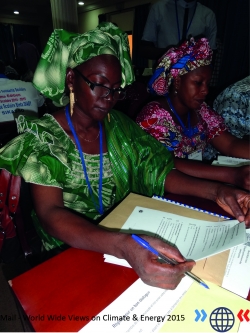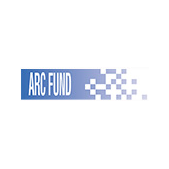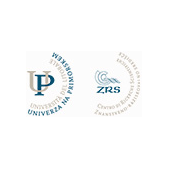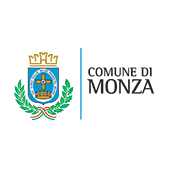World Wide Views - A worldwide voice of the public
Imagine if every human on the planet had the possibility to use his or her voice in the climate debate and the struggle to achieve a better environment on earth?
- This is in fact already a reality.
A huge step for democracy
Democracy history was written when Bjørn Bedsted from the Danish Board of Technology Foundation (DBT) met with UN high-level climate negotiators in New York on the 26th of September. At the UN meeting the key results from the global citizen consultation World Wide Views on Climate and Energy, held on June 6 this year, were presented. The method in World Wide Views on Climate and Energy has proven to be a successful democratic platform where about 10,000 citizens in 76 countries around the globe participated in the debate on climate change.
World Wide Views is a participatory methodology for multisite citizens’ consultations, developed in 2009 by the DBT, and is applied for the third time in connection with COP21 in Paris. This time the DBT worked in cooperation with the UNFCCC, the CNDP (the French national commission for public debate) and the French Missions Publiques. The main purpose of the World Wide Views method is to highlight the voice of global citizens in order to include their views in the COP21 negotiations and communicate them to the political representatives prior to COP21 in December in Paris.
It was the first time that lay citizens views’ on climate negotiations were the subject of interest at high-level in the UN Secretariat in New York. It is a historical event with the potential to be a huge step towards closing a widening democratic gap between citizens and policymakers in global policymaking; tackling climate change through global citizen engagement.
Politicians find it interesting to let people have a say in this specific debate, because climate change in many ways will have an impact on citizens all over the world. In Denmark we are already experiencing a higher degree of cloudburst, which frequently causes floods and problems for private house owners and for the traffic. I am aware that our cloudburst problems in Denmark are nothing compared to what others citizens in very exposed countries must go through.
It is important to discuss those climate issues in a way that reaches out to ordinary citizens, because the ordinary people represent the average crowd in our world society and therefore are an important stakeholder in the state of the earth.
Voices have been heard – the citizens are concerned about the earth’s future
97% of participants in World Wide Views on Climate and Energy are concerned about climate change and 78% is very concerned. Other results shows that 63% of the citizens worldwide think that the world should decide in Paris to do whatever it takes to limit temperature increase to less than 2°C by 2100. 71% of participants worldwide think the Paris Agreement should include legally binding, national short-term goals for all countries.
The voting results from citizens all over the world are a strong statement to the negotiating politicians for the coming COP21. Let us hope that the citizens' voices are taken seriously and that their efforts are fruitful. We must remember that our time on this earth is limited. Every minute counts and time is running out if we do not act immediately. World Wide Views on Climate and Energy has been used as a speaking tube for the world's citizens and it is now up to the policy makers and politicians to echo the voice of the people in the debate on an environmentally friendly future.
Would you like to know more?
For more information follow this link: http://climateandenergy.wwviews.org/publications/
Written by: Lea Amby Ottosen, Project Assistant at the DBT Foundation
Relevant themes:
Climate action, Public participation
Relevant tags: Social innovation, Sustainability, Sustainable lifestyles, Energy policy
























